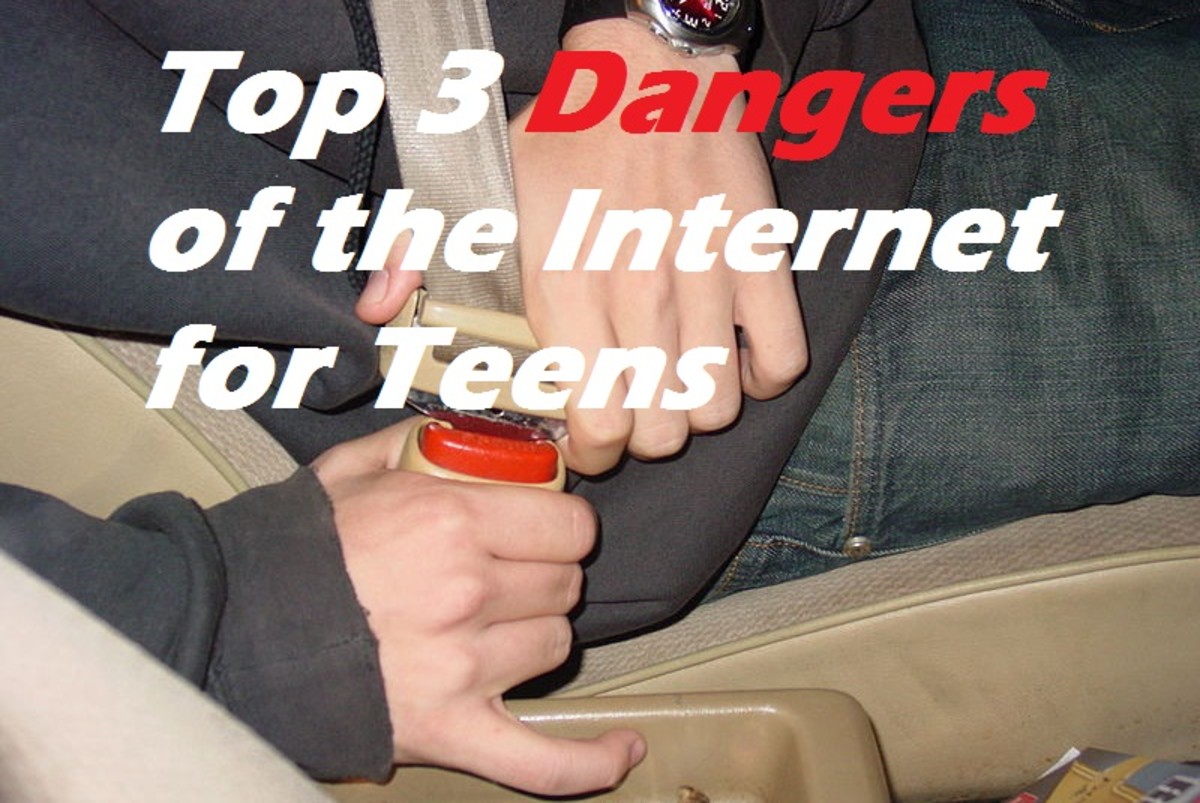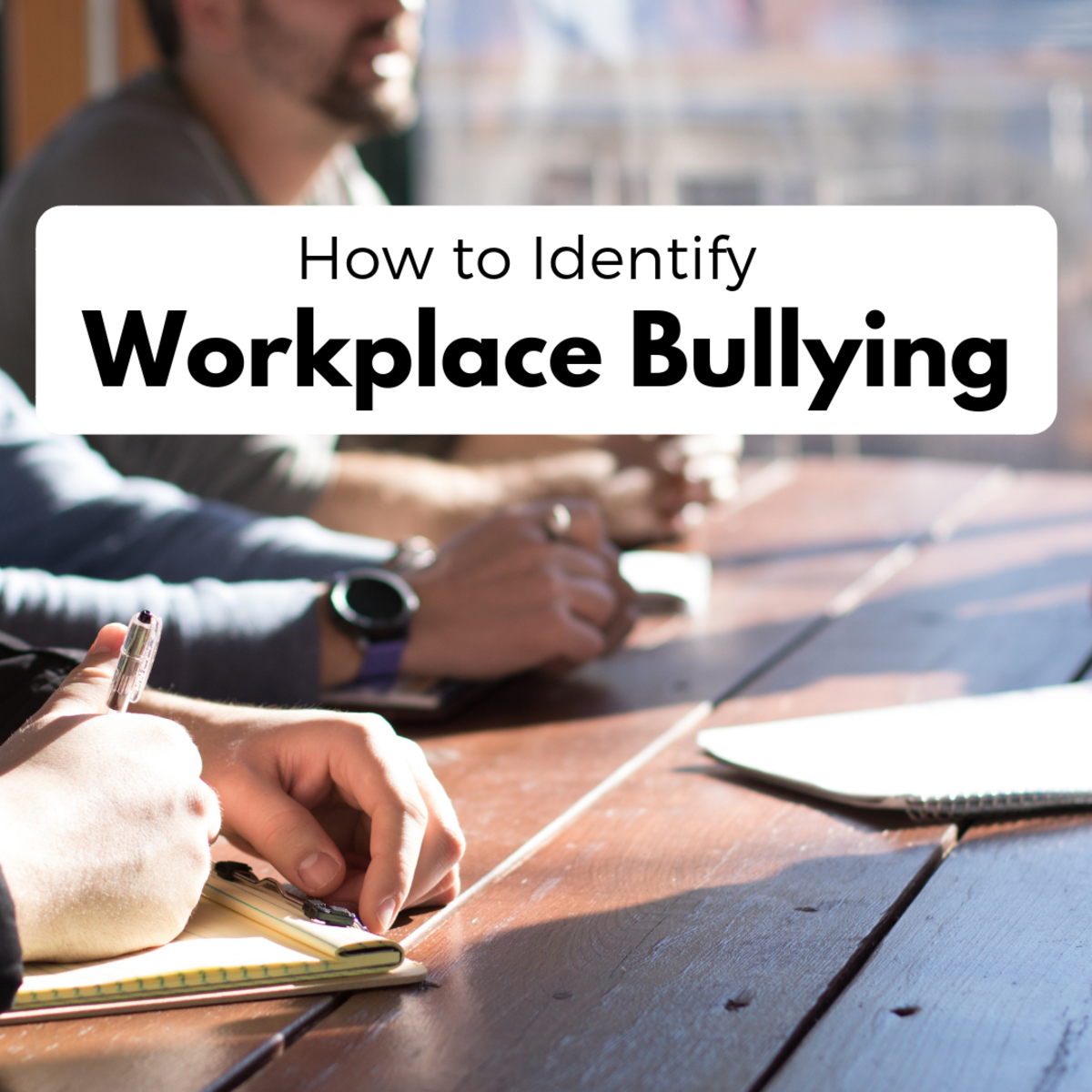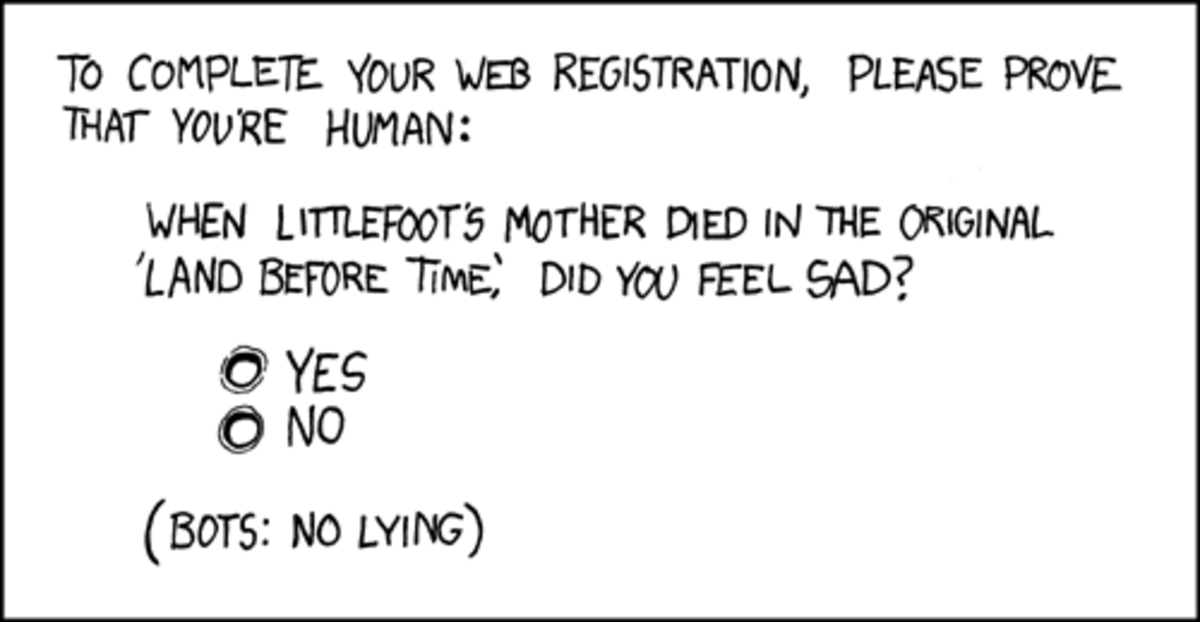Online Abuse of the Internet: A Short Reflection on How the Internet Became a Volatile Place

While the eighties gave rise to home electronics like VCR’s, game consoles, and home computers, it was the nineties where they began their ultimate evolution: the internet.
By the end the turn of the century, it had quickly become a fundamental component to a functioning society, from schools and colleges to hospitals and government infrastructure. By becoming extensions of our daily life, it also created communities that were not of flesh and blood but circuitry and pixels. Yet like any other new tool, not all newcomers used it for the most benevolent of intentions.

Parallel
As the century continued, people began to use the internet to not only connect with friends through online communities, but attack others people as well. Public forums like Facebook, where people could express nearly any view that crossed their mind, began seeing what would come to be known later as cyber bullying. This was different from the classic school bullying in that the omnipresence of the internet made the torment impossible to escape. In the past, kids had a refuge from the harassment and that refuge and limited time span of exposure served as a boundary of sorts. Now the internet changed a typical, life experience that was temporary and controlled, into an epidemic now far exceeding those lines. Groups like nveee.org have reported kids on the receiving end of cyber bullying were becoming so distressed that it was leading to an increase occurrence of mental issues and considering violence outlets to resolve their problems.
Another perverse, online usage began to grow as smart phones, which had both built in cameras and mobile internet access, allowed users to record and post acts varying from friendly videos, to violence online and rape. Bullying was no longer a momentary and embarrassing moment that time heals, but an ever lasting shame that time remembers.
This has especially become the case with former couples recording sexual intercourse and then after the break up, the jilted partner posting those vids online. Though couples taping their sexual encounters were nothing new, the ability to now post those videos online so easily changed the game and has become known now as revenge porn. Even healthy couples no longer found their intimacy safe because of hackers hacking their cloud accounts to steal and trade their pictures and videos like baseball cards.
Early on, the internet also found itself becoming a vehicle for media piracy with communities starting to share their purchased music with each other without having to pay. Music was mostly what was shared but even new movies were in danger of losing profits as downloading them became just as easy as downloading any internet file. This was even more highly charged with the ambiguity of where the ethical and legal line lay between people sharing their own paid-for music with others, and artists who were losing money because of the easier access.
In 2018, the problems of negative uses of the internet do not seem to have slowed down but rather increase. Twitter is often used to harass and troll bloggers, politicians, and celebrities expressing their own views, believing in the righteousness of their motives. And consequently become equally as vulnerable to rabid supporters of their online targets. Many celebs have chosen to opt out, cutting themselves off from Twitter and in some cases online activity all together. Facebook and Twitter have had to develop tighter controls and regulations to get a grip on abusers, but the internet is still young and continues to be the new Wild West.
"The lack of accountability is a growing shadow of the advances of modern society."
Children Playing God
While many of these problems are new, the reasons behind them are not. History has proven that with humanity’s growing ability to invent tools and civilizations, also came an accompanying inequality with our ethics for using those tools. Technologically we advance, while socially we do not and our immaturity fails to match our new opportunities. Whether it was fire, the wheel, bladed tools, gunpowder, cars, planes, nuclear power, and now the global web, the same pattern continues to play out.
What makes the latest iteration worse is that while previous advances allowed time for people to consider their actions before acting (example: no nuclear war), the internet has instantaneous access. There is now no longer a forced, lag time between our thoughts and what we do with them. Along with the added bonus of the anonymity of a screen and distance, also came the added condition of no accountability. This is perhaps the biggest factor in the pervasiveness of online abuse.
The lack of accountability is a growing shadow of the advances of modern society. Coupled with the focus on individual enjoyment, it is creating an apathetic mentality towards other individuals harmed by our online actions and society as a whole.
Self-Made Online Terminators
Am I saying we should ban the internet all together? No. Nor am I saying that our freedom to choose what we do online is inherently a bad thing either. Rather I am saying that there needs to be a more mature sensibility when it comes to our online footprints. We need to think before we type and start giving a damn about what our words can do to others because this isn’t the 1950’s or even the 1980’s. Bullying and degrading insults encouraging self-harm and severe depression is no longer something to laugh about or ignore. The internet has become like Skynet from the Terminator franchise: a digital presence that is literally everywhere. While our actions may not lead to someone starting World War Three via instagram, it could do worse by pushing generations into a direction that will lead them into destructive outlets for stresses they cannot escape. Their psyches will become as fragile as porcelain vases.
URLs for statics:
http://www.nveee.org/statistics/
http://www.cyberbullyhotline.com/07-10-12-scourge.html
https://www.teensafe.com/blog/cyber-bullying-facts-and-statistics/
© 2018 Jamal Smith








